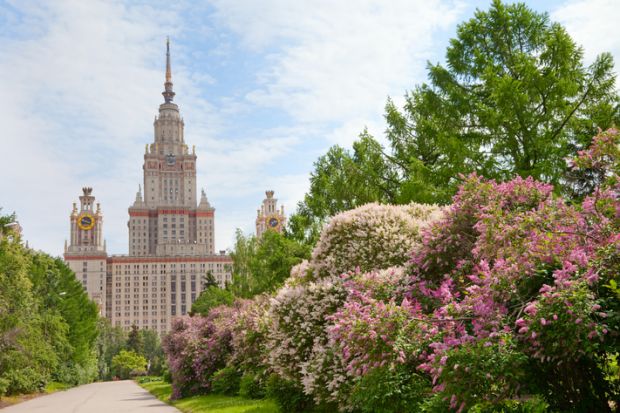
With varying traditions and rich cultures, Russia’s popularity among international students is on the rise.
The largest country in the world, Russia spans 11 time zones, with well over 140 million people, and about 200 ethnic groups which speak an estimated 100 languages. Russia is a diverse nation that boasts great beauty, from magnificent cities to forests, rivers and mountainous terrain.
As a highly educated country with a rich academic tradition, it is keen to attract more international students. The Ministry of Education and Science is investing in the higher education system to modernise it and provide more support for students.
More than half of Russia’s citizens hold a university degree, and each year Russia welcomes students from more than 170 countries.
What to expect upon arrival
Your first step is to ensure you have prepared your documents for entry into Russia.
As Russia is not a member state of the European Union or European Free Trade Association, students from most countries will need a visa. Members of the Commonwealth of Independent States (former Soviet nations) are the only exception, so if you don’t hail from one of these countries then visa-free entry is not an option. This process is normally facilitated by your institution, and only once you’ve officially secured a university placement will the international department complete the application.
Upon arrival in Russia you will need to register your visa at the local GUVM (immigration office). It has to be done within seven days of arrival, otherwise you run the risk of obtaining a fine, or even being deported. Your university should be able to assist you.
A student visa in Russia is valid for 90 days and will need to be obtained before travelling to Russia. If you wish to prolong it then you have to apply to the local division of the Federal Migration Service of Russia where they will extend it to a year, and you will need to follow this format of visa application for the duration of your stay. You will probably also be asked to take a medical examination and HIV test.
Tuition fees are lower in Russia than they are in the UK or US, and the standard of education is high. If you have an outstanding academic track record, it may be worth finding out if you qualify for a government scholarship that would cover the cost of your tuition, and in some circumstances, also the cost of living.
University life in: Switzerland
University life in: the UAE
University life in: New Zealand
University life in: India
University life in: China
Academic life
Entry into a Russian university can be competitive and there is a strong focus on science and technological degrees. In fact, Russia is renowned for its achievement in these sectors.
The education structure is based on the Bologna declaration, which Russia signed in 2003, so you might not find many differences between the education in Russia and that of your home university. This declaration had the effect of refining Russian higher education, changing it from five years to a four-year degree at undergraduate level.
There are two semesters in a Russian academic year. The first semester runs from September to January, with a short New Year break, and the second from February until June ending with a long summer break. Each semester is completed by an examination.
Entry requirements for studying in Russia vary, depending on university and programme. The entrance exam will be a major factor in determining a student’s success at being accepted into their chosen university. The Unified State Examination is a standardised test used for university admission in Russia.
It is also worth noting that the Test of Russian as a Foreign Language (TORFL) is now mandatory to study at Russian universities to determine your linguistic ability. There are six levels, and to study for bachelor’s, master’s or PhD degrees you will need to pass at “intermediate” (third) level.
Russia has 35 universities in the 2019 Times Higher Education World University Rankings. Lomonosov Moscow State University is ranked the highest at 199th.
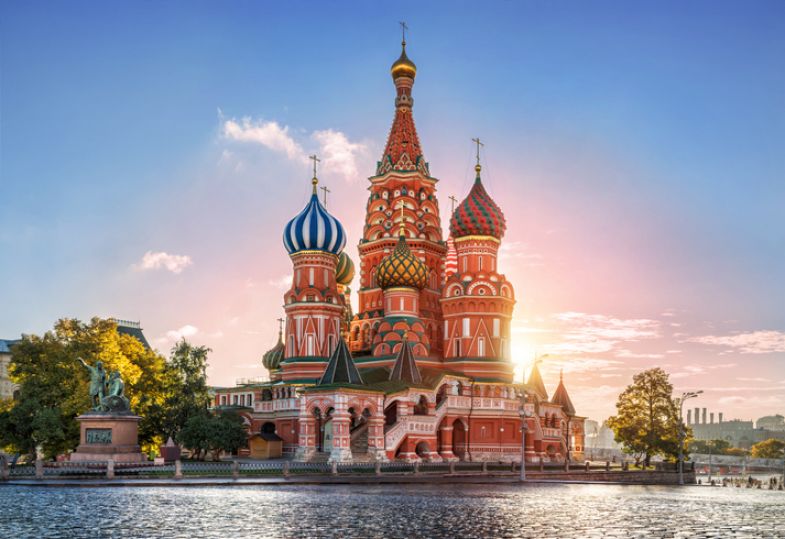
Lifestyle
Russia has one national language, but 35 official languages are recognised throughout the country.
It is growing more common for courses to be offered in English, particularly at postgraduate level. However, even if you are able to study in English, you should make an effort to learn as much Russian as possible. With 81 per cent of the population speaking Russian as their sole language, it makes life easier, as you will be able to communicate with locals and other students.
If there are worries over adapting to this change, some universities offer a preparatory programme that allows newcomers to learn about the country’s lifestyle, with courses about the language and culture.
Russia’s currency is the ruble. As for cost of living, that will depend on where you choose to live. Moscow and Saint Petersburg are known for being the most expensive places to live and big cities are generally more expensive than small towns.
Health insurance is another cost that will need to be factored in. Every foreign student must have it, and it’s better to arrange it before arrival.
Working in Russia is an option. You just need to acquire a work permit from the Federal Migration Service, although certain jobs will require a “proficiency” (highest) level TORFL test.
Russian culture is different from many Western countries, being influenced by the various ethnic groups living in the country. Russia is renowned for traditions in literature and art, folk dancing, and ballet, just to name a few. Many great writers, artists, and philosophers have called Russia home, as well as their famous international and national ballet companies.
As well as its diverse culture, Russia is home to 26 Unesco World Heritage Sites, attracting millions of tourists every year.
As a nation that borders 14 other countries and is home to a variety of landscapes and cultures, Russia is an ideal location for the student who wants to explore.
Read more: The 10 most beautiful universities in Europe


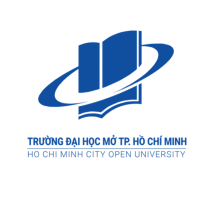

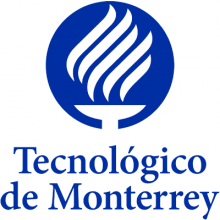

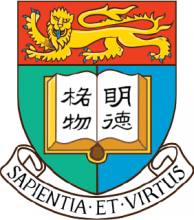

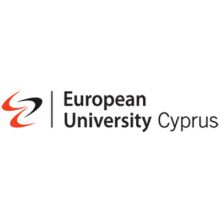



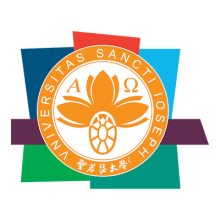
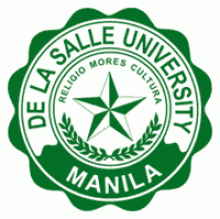
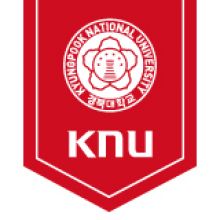


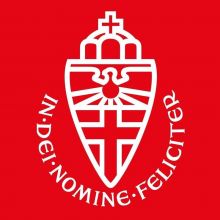
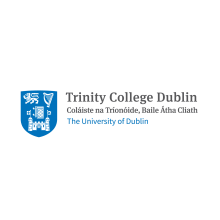
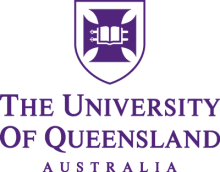
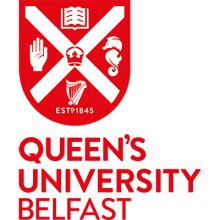
Have your say